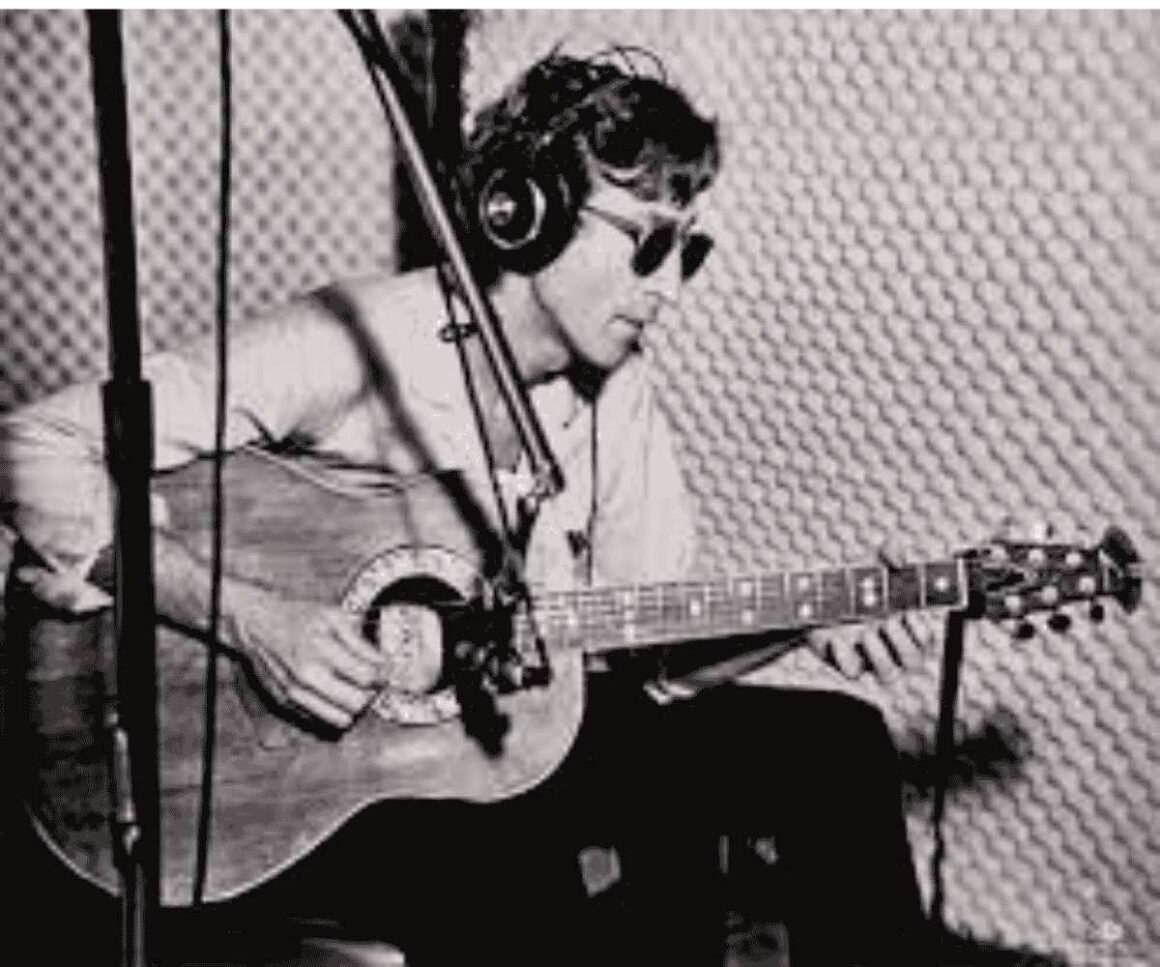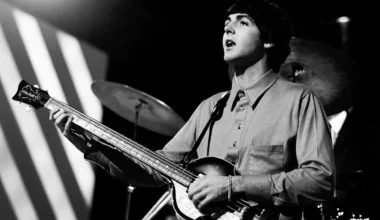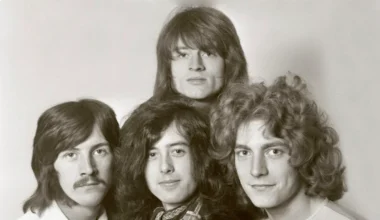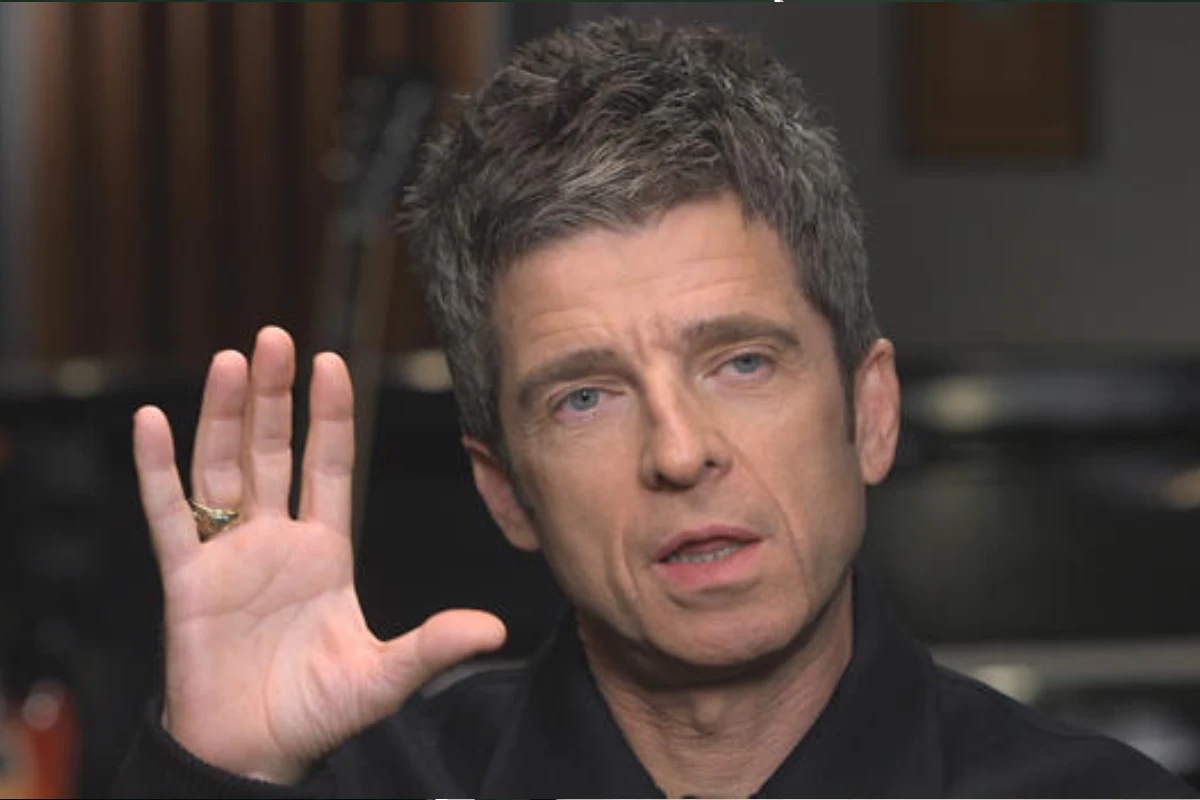Neil Young’s early musical career began in the mid-‘60s with The Squires, a band in Winnipeg that attempted to capture the instrumental energy of groups like The Shadows and The Ventures. But it wasn’t long before Bob Dylan and The Beatles shattered the norms of popular music and culture, reshaping Young’s understanding of what it meant to be a musician.
In a conversation with Rolling Stone’s Cameron Crowe, Young recalled: “I never forget that every time a new Beatles or Dylan album came out, you knew they were way beyond it. They were always doing something else, always moving down the line.” This cultural revolution prompted Young to take a new direction in his music, moving away from the big band scene and embracing a more introspective, lyric-driven style.
Soon enough, Young found his heroes becoming his fans. Both Dylan and The Beatles expressed admiration for his work, marking a major milestone for the budding rock artist. But not all of Young’s creations sat well with his musical idols. One line in particular from his 1979 Rust Never Sleeps track, “My My, Hey Hey” – “It’s better to burn out than to fade away” – stirred controversy, notably with John Lennon, who voiced his disapproval years later.
In a 1980 Playboy interview, just before his death, Lennon offered his take on Young’s lyrics. “I love all this punky stuff. It’s pure,” Lennon said, “but I’m not crazy about the people who destroy themselves.” When asked about Young’s “burn out” line, Lennon didn’t mince words: “I hate it.”
Lennon went on to elaborate his philosophy on life and death, noting that he valued survival over self-destruction. “It’s better to fade away like an old soldier than to burn out,” Lennon argued. He disapproved of idolizing figures like Sid Vicious, Jim Morrison, and James Dean, whose untimely deaths became part of their mythos.
“I worship the people who survive,” Lennon insisted. “People like Gloria Swanson, Greta Garbo. They say John Wayne conquered cancer. He whipped it like a man.” Lennon’s harsh critique also included a pointed remark about Young’s philosophy, claiming, “If Neil Young admires that sentiment so much, why doesn’t he do it? Because he sure as hell faded away and came back many times, like all of us.”
Two years later, Young responded to Lennon’s critique. He defended his stance, explaining, “The rock ‘n’ roll spirit is not survival. Of course, the people who play rock ‘n’ roll should survive. But the essence of rock ‘n’ roll is that it’s better to burn out really bright than to sort of decay off into infinity.”
While acknowledging that maturity might lead one to favor survival, Young explained that rock ‘n’ roll is about the here and now – the excitement of living in the moment. “Rock ‘n’ roll doesn’t look that far ahead. It’s right now. Is it bright? Or is it dim because it’s waiting for tomorrow? That’s what people want to know.”
Ultimately, both Lennon and Young’s perspectives reflect the tension at the heart of rock ‘n’ roll, between embracing reckless creativity and the desire to survive and evolve over time.







